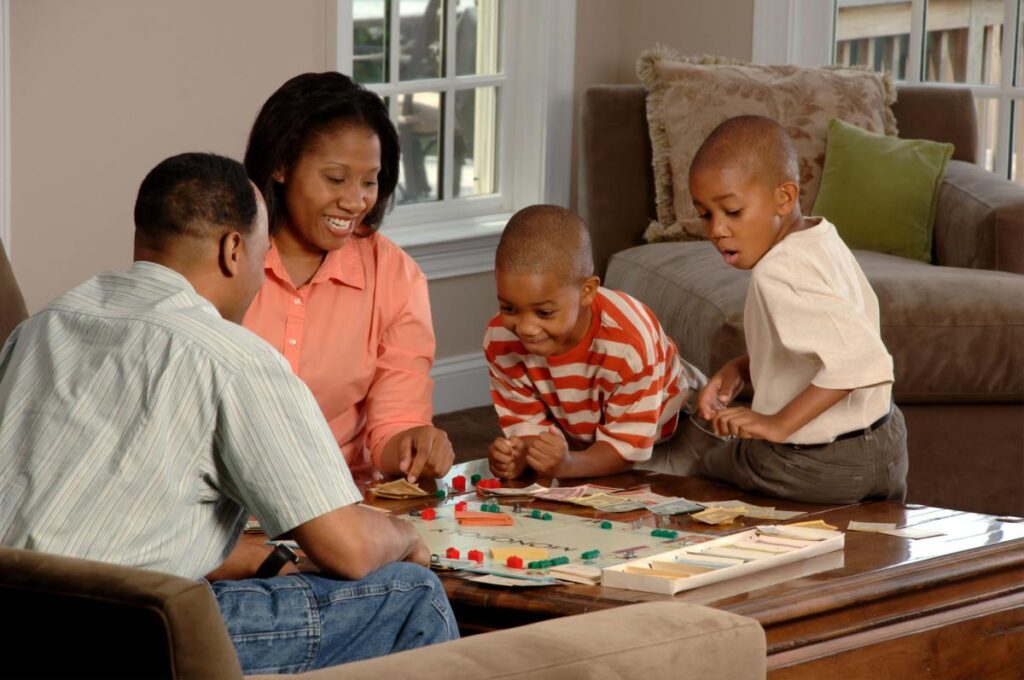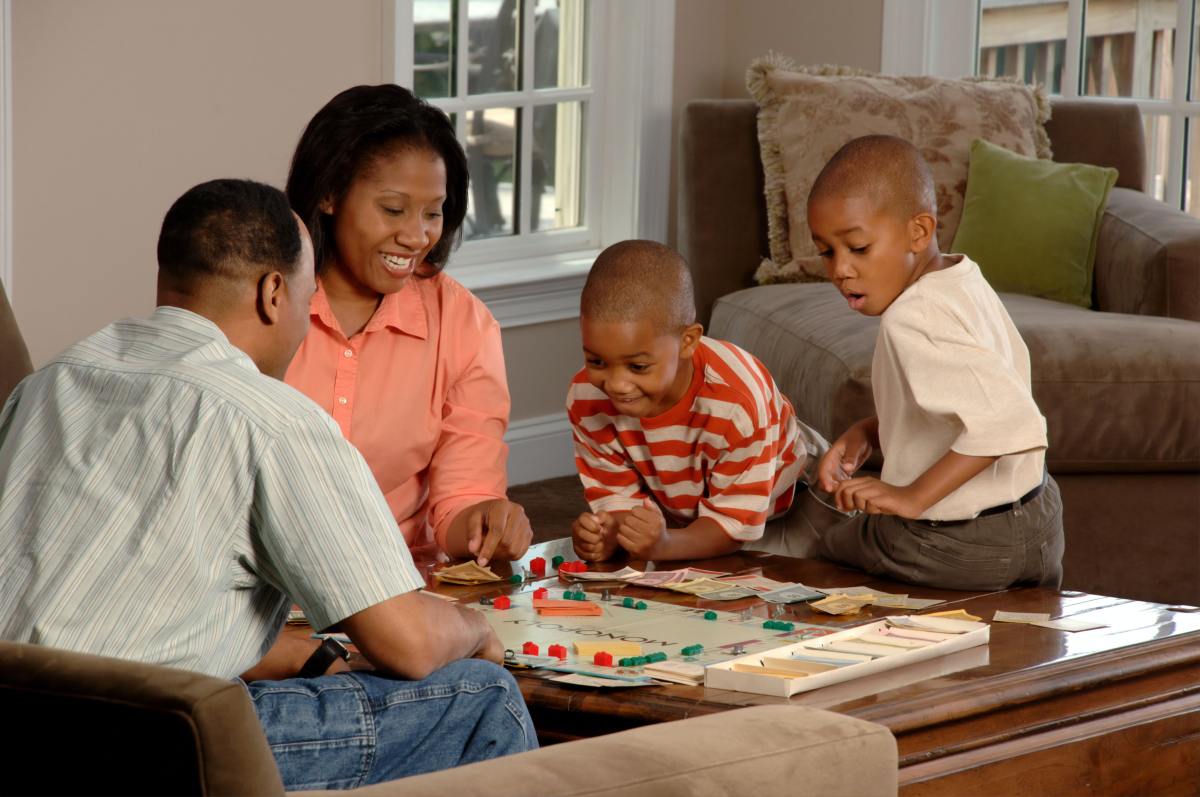
Christmas: A Time for Family, Tradition, and Togetherness
Christmas, often hailed as the most wonderful time of the year, transcends mere festive decorations and gift-giving. At its core, Christmas is a time for family, a period dedicated to strengthening bonds, creating lasting memories, and appreciating the love and support that family provides. This article delves into the multifaceted aspects of Christmas as a family-centric holiday, exploring its traditions, emotional significance, and enduring appeal.
The Enduring Significance of Family During Christmas
The emphasis on family during Christmas stems from a variety of cultural and religious factors. Historically, Christmas has been celebrated as the birth of Jesus Christ, a central figure in Christianity. The story of the Holy Family – Mary, Joseph, and Jesus – serves as a powerful symbol of love, sacrifice, and unity. This narrative has deeply influenced the way Christmas is perceived and celebrated, reinforcing the importance of family values.
Beyond its religious roots, Christmas is a time for family because it offers a unique opportunity to reconnect with loved ones who may live far away or have busy schedules throughout the year. The holiday season often involves travel, bringing family members together under one roof. This shared experience allows for quality time, meaningful conversations, and the rekindling of relationships.
Christmas Traditions: Building Family Bonds
Many Christmas traditions are designed to foster family unity and create shared experiences. These traditions can range from decorating the Christmas tree together to baking cookies, singing carols, and exchanging gifts. Each tradition serves as a touchstone, connecting family members to their shared history and creating a sense of belonging.
- Decorating the Christmas Tree: This is a classic Christmas tradition that involves the entire family. From selecting the perfect tree to carefully placing ornaments, this activity promotes teamwork and creativity. The finished tree becomes a symbol of family pride and a focal point for holiday celebrations.
- Baking Christmas Cookies: The aroma of freshly baked cookies fills the house with warmth and nostalgia. Baking together allows family members to share recipes, learn new skills, and create delicious treats to enjoy and share with others.
- Singing Christmas Carols: Caroling is a joyful tradition that brings families together through music. Whether singing around the piano or venturing out to carol in the neighborhood, this activity spreads holiday cheer and strengthens family bonds.
- Exchanging Gifts: Gift-giving is an expression of love and appreciation. The act of selecting and giving a thoughtful gift demonstrates care and consideration for the recipient. The anticipation and excitement of opening gifts on Christmas morning is a cherished family tradition.
These traditions, passed down through generations, create a sense of continuity and connection. They provide a framework for family celebrations and help to reinforce shared values and beliefs. Christmas is a time for family to actively participate in these traditions, ensuring that they are preserved for future generations.
The Emotional Significance of Christmas
Christmas is not just about material possessions or elaborate celebrations; it is a time of deep emotional significance. The holiday season often evokes feelings of nostalgia, joy, and gratitude. It is a time to reflect on the past year, appreciate the blessings in one’s life, and look forward to the future with hope and optimism.
For many, Christmas is a time to remember loved ones who are no longer with us. The absence of these individuals can be particularly poignant during the holidays, but it also provides an opportunity to honor their memory and celebrate their lives. Family gatherings can serve as a space to share stories, reminisce about cherished moments, and keep their spirit alive.
The emotional significance of Christmas is a time for family lies in its ability to foster a sense of belonging and connection. In a world that can often feel isolating and fragmented, Christmas offers a reminder that we are part of something larger than ourselves. The love and support of family can provide comfort, strength, and resilience, especially during challenging times.
Navigating Challenges During Christmas
While Christmas is often portrayed as a time of perfect harmony, the reality is that family gatherings can sometimes be fraught with tension and conflict. Differing opinions, unresolved issues, and personality clashes can all contribute to stress and strain. It is important to be mindful of these potential challenges and to approach family gatherings with patience, understanding, and a willingness to compromise.
Setting realistic expectations is crucial. No family is perfect, and it is unrealistic to expect that everyone will get along perfectly all the time. Focusing on the positive aspects of the holiday season and appreciating the opportunity to spend time with loved ones can help to mitigate stress and promote a more harmonious atmosphere. Remember that Christmas is a time for family, even with its imperfections.
Communication is key. Open and honest communication can help to resolve conflicts and prevent misunderstandings. It is important to listen attentively to others’ perspectives and to express one’s own feelings in a respectful and constructive manner. Setting boundaries and avoiding sensitive topics can also help to maintain a peaceful environment.
Christmas in a Modern World
In today’s fast-paced and increasingly digital world, the traditional values of Christmas can sometimes feel diluted or overshadowed by commercialism and consumerism. It is important to consciously prioritize family and meaningful connections over material possessions and superficial celebrations. Making a conscious effort to disconnect from technology and engage in face-to-face interactions can help to foster a stronger sense of connection and presence. Christmas is a time for family to truly connect.
Finding new ways to celebrate Christmas that align with one’s values and beliefs can also be beneficial. This may involve volunteering time to help those in need, supporting local charities, or simply spending more time in nature. Focusing on acts of kindness and generosity can help to shift the focus away from material possessions and towards the true spirit of the holiday season.
The Enduring Appeal of Christmas
Despite the challenges and changes that have occurred over time, the enduring appeal of Christmas as a time for family remains strong. The desire for connection, belonging, and shared experiences is a fundamental human need. Christmas provides a unique opportunity to fulfill these needs, creating lasting memories and strengthening family bonds that can endure for generations to come.
The traditions, rituals, and emotional significance of Christmas contribute to its enduring appeal. These elements provide a sense of continuity, connection, and meaning in a world that can often feel uncertain and chaotic. The warmth and love of family can provide comfort, strength, and resilience, especially during challenging times. The essence of Christmas is a time for family, and that is what makes it so special.
Conclusion
In conclusion, Christmas is a time for family, a period dedicated to strengthening bonds, creating lasting memories, and appreciating the love and support that family provides. From its religious roots to its cherished traditions, Christmas offers a unique opportunity to reconnect with loved ones and celebrate the importance of family in our lives. While challenges may arise, the enduring appeal of Christmas lies in its ability to foster a sense of belonging, connection, and meaning. By prioritizing family and meaningful connections over material possessions and superficial celebrations, we can ensure that the true spirit of Christmas endures for generations to come. [See also: The History of Christmas Traditions] [See also: Creating Meaningful Family Traditions] [See also: Coping with Holiday Stress]

